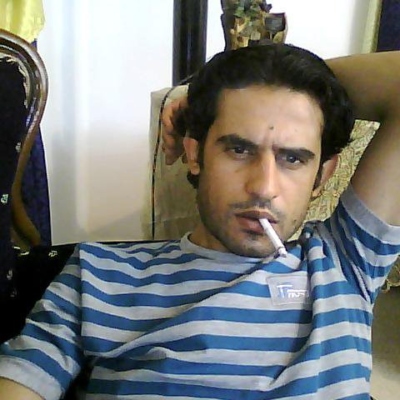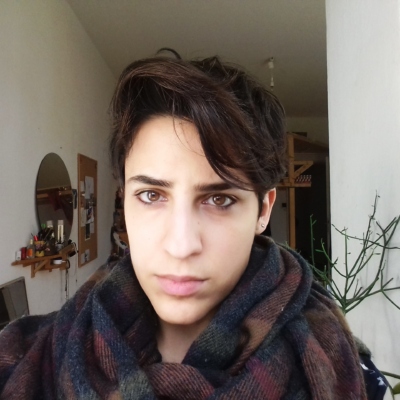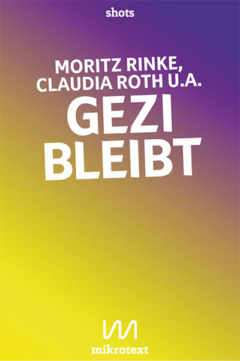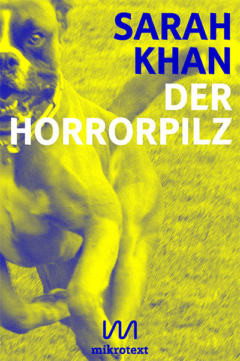Aboud Saeed
The Smartest Guy on Facebook
Status Updates from Syria
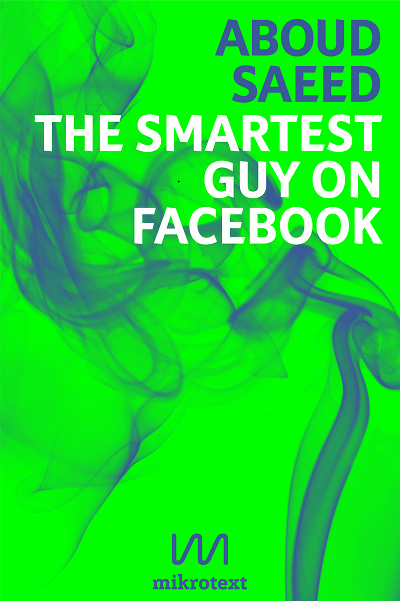
In spring 2011, the Syrian people revolted against the government, which then brutally fought back. At about the same time, Aboud Saeed began his personal revolution on Facebook. His daily status updates have become a literary documentation of his life.
„Respect! … His status updates became sensations.“
ARTE Tracks English
„Aboud Saeed is one of the most important voices of the young Syrian generation.“
Zenith
„The Syrian Bukowski.“
ZDF Aspekte
„Saeed’s Facebook feed is a lot of fun to read. It’s quippy and clever and exotic but relatable. … Saeed is perhaps the world master of humble brag.“
Readux Reads
„Read this book! It is wham!“
Der Tagesspiegel
Summary: Status Updates from Syria
Aboud Saeed writes anecdotes, aphorisms, prose poems and commentary. About his mother, smoking, Facebook, love, and daily life during the violent Syrian conflict. Displaying a dark humor in sharing the absurdities of his life, he provides a different and more humane perspective on current events in his country than all the news and reports that usually reach us.
Also available in German (as ebook, book, radio play, theatre production), in Spanish, Portuguese, Danish and selected for the anthology Syria Speaks. Art and Culture from the Frontline which was awarded the English PEN Award. Some extracts have also been reprinted in the anthology for the Generational Triennal 2015 at The New Museum, New York, edited by Brian Droitcour.
„For Those Who Are Still Asking Who Is Aboud Saeed“
From an Interview with Jennifer MacKenzie and Omar Andron for Coldfront Magazine
How does fear change a poet or a poem? In Syria until March 2011 that question was probably unanswerable, so deeply was fear ingrained in the experience of daily life—in seeing and choosing. As Aboud Saeed mentions, the protests that started that spring also inspired a radical transformation of aesthetic consciousness and cultural production. Though it continues to be overshadowed and foreshortened by brutal violence and loss, this creative sea-change has not stopped, and Saeed’s unprecedented voice puts him at its crest. His poetry is free in every sense of the word, and beside it, even the work of his contemporaries feels tradition-bound. Born and raised in Minbej, a small town northeast of Aleppo, he now lives in Berlin.
JM: How did you start writing?
AS: Basically, I had no plan to be a writer. One time I was inspired by this online magazine called Oxygen; they published really experimental stuff, and I tried to write something for them. The editor sent me a reply saying this is amazing, keep going. I laughed—what do you mean, keep going? I don’t know how to write. Then when Facebook got going, when I came back from work I’d open my computer, sign in and write short stories about details that happened at work and with my family. After a while I discovered that what I was writing is called poetry.
JM: You didn’t have any idea before that this thing is poetry and I want to write like this?
AS: Until now, honestly, some of my relatives don’t know I’m writing, and they don’t believe it.
JM: Why?
AS: Because from where to where did you turn into a writer? You spent your whole life working as a blacksmith, how did you become a writer? We never saw you reading a book or putting a pen to paper, how did you become a poet and have books in Germany? (…)
